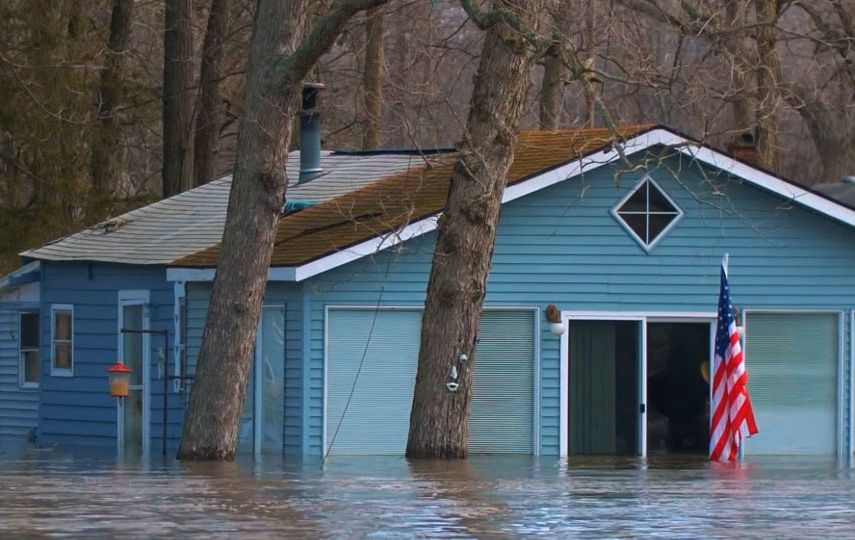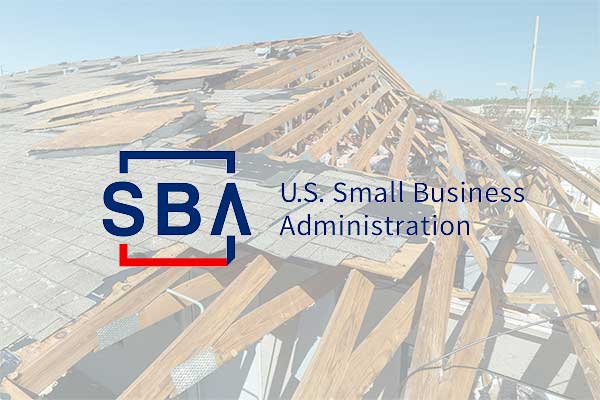The best startup business loans in January 2024 for your new (or next) venture
When you’re starting a business, having a great idea is just the first step. You may also need funding to cover startup costs, rent office space or buy supplies to create your product.
However, funding can be a challenge for many startups. You might lack the credit or financial history for a strong loan application, making it harder for lenders to assess their risk. About 23% of new businesses fail within the first year, according to the Bureau of Labor Statistics — and for many of them, it’s due to a lack of cash.
But it is possible to get funding, even when your business is new. Here’s a rundown of our picks for best startup business loans.
Methodology
To determine the best lenders of new business loans, our editors carefully considered what startup owners and entrepreneurs would want from a financing product. We came up with 22 loan features, then judged nearly two dozen lenders on each of them. Finally, our data researchers helped us evaluate the lenders objectively, pumping out individual out-of-5 star ratings. Below are the 10 lenders with the best overall ratings, plus our complete methodology.
- Number of companies reviewed: 23
- Number of data points analyzed: 506
- Number of features we considered: 22
- Number of primary data sources used: 27
Summary
- U.S. Small Business Administration : Best startup business loan
- Reliant Funding : Best for merchant cash advances
- Finance Factory : Best for brand-new startups
- OnDeck: Best for year-old startups
- Fundbox: Best line of credit for startups
- QuickBridge Funding : Best for multiple loan options
- Credibly: Best for poor credit
- Biz2Credit: Best for revenue-based financing
- Triton Capital: Best for equipment loans
- Uplyft Capital: Best for renewable financing
- American Express Business Blueprint: Best for low-revenue startups
U.S. Small Business Administration
Why we picked it
Given that Small Business Administration (SBA) microloans are reliable, accessible, cost-effective for many and lent by nonprofit lenders, they top our list of the best business loans for startups. (Since they’re so unique, we elected not to rate SBA loans as part of our methodology.)
The SBA’s microloans are designed for business owners who are traditionally underserved in the credit marketplace, so they’re a worthwhile option if you identify as low-income, a veteran, a woman or a minority.
To apply, you’ll need to work with approved intermediary lenders, which are community-based financial institutions. These lenders may provide free mentoring, business training and educational resources in addition to the funds.
With an SBA microloan, you can borrow up to $50,000, repay it over as much as six years and use the funds as working capital or to purchase materials, inventory, supplies and more. (You can’t use SBA microloans to pay off existing debts or to buy real estate.)
As a downside, the average microloan is relatively small — in fiscal year 2023, it was $15,644. (For six-figure SBA loan amounts, consider whether your startup is mature enough to qualify for the administration’s 7(a) loans.) Microloan lenders also typically require borrowers to post collateral as well as a personal guarantee.
Who should consider it
Traditionally underserved borrowers who need to borrow a small amount for their new venture




